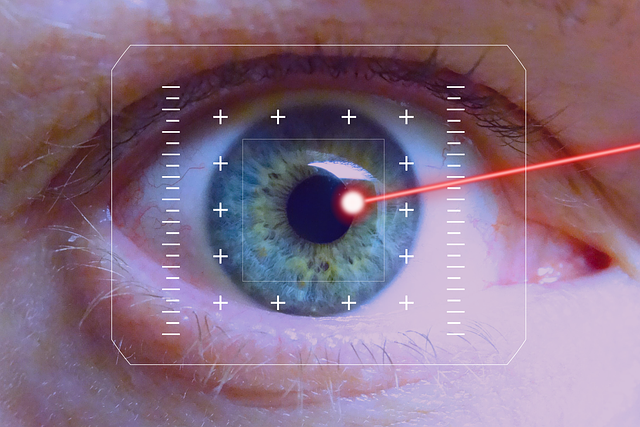10 August, 2006
Posted by: manojtd on 10/08/06 at 01:17 AM
Our understanding of the universe is limited due to the limitations and progress of the scientific method. We do not appear to have hit the bumpers just yet on what we can know. Although there are fundamental limits on the facts we can know due to the speed of light, it is much harder case to say that our limit on knowledge is reached.
I’m not sure if our limit is reached. To use the classic and simplistic way to describe it – there are things we know we know, things we know we don’t know, and things we don’t even know we don’t know. The relative proportion of the third category may be quite a bit bigger than we think, not only because of fundamental limits like the speed of light, but also because of the fact that our senses are limited to the electromagnetic realm. Furthermore, some of things we think we know may require fine-tuning.
I think you make too big a leap to say why we cannot perceive dark matter.The reason is that we have absolutely no evolutionary reason to detect it. Our senses have evolved within the environment of Earth with a G-class star nearby. We perceive light in the peak wavelengths emitted by that star because it is evolutionary advantages to the sort of lifestyles our ancestors had. There is no “cosmic” significance to this. In our evolutionary past, the speed fo light was utterly irrelevent to us.
I agree with this completely. Our sensory organs are not evolved to sense cosmological distances or speeds; they are not even capable of detecting a bullet in flight (despite the slight evolutionary advantage that capability would’ve afforded ![]() ) And, the fact that the peak energy of our Sun (when filtered through the atmospheric window) coincides with what we call the visible region of the spectrum is no accident, as you rightly implied. And the speed of light was/is irrelevant because it is so darn high.
) And, the fact that the peak energy of our Sun (when filtered through the atmospheric window) coincides with what we call the visible region of the spectrum is no accident, as you rightly implied. And the speed of light was/is irrelevant because it is so darn high.
The tough sell you talk of is surely because our experience of reality does indeed bare some direct relationship with reality. When we detect an electron in a cloud chamber, can we not be confident that reality contains things we call electrons that have mass and charge etc. What reason is there to step outside of this way of thinking? How on earth do you engage with some more “direct” reality?
We can call what we detect as an electron an electron. My point is not so much that we are wrong in making such constructs as electrons, but that we should be mindful of the distinction between a direct sensory experience and an indirect one so that we know what we can redefine/refine and what we cannot. To give you an example, if I pour hot water on my hand, what I sense is something like its temperature. We can assign a number to it, if we want to. However, to say that there is heat that is transferred from the water to my hand is an extension that we may be able to refine. For instance, we can refine it as the molecules in the water increasing vibrational speed of the molecules in my hand (which of course brings it concepts like molecules). Heat, to my mind, at a different level of realness compared to temperature.
What testable experiments do you propose to see if you are right?
I think I may have answered this in my long message above. The rightness of any concept in physics is never proven, only indicated by its agreement with what we observe. The wrongness is more easily demonstrated, so I gave two tests for falsifying my model.
11 August, 2006
Posted by: patopreto on 11/08/06 at 09:18 AM
Manoj – interesting, but I am not sure I fully understand you.At one hand you appear to be saying something almost trivial – that our human senses cannot give us a direct experience of reality at the microscopic or cosmological scale. On another hand is the ideas that somehow reality is constructed by our senses. I think you are not saying the latter, but at times you appear to come close.Time is short at the moment to think to much about this, but I would argue that our deepest and most profound concepts of physics (and hence reality) have nothing to do with our senses, the speed of light and so on. No one has ever seen an electron, but nature behaves in such ways as if such things exist. The same goes for all sorts of concepts. They are not created by our limited senses, but by their explanatory simplicity when it comes to describing phenomena we can experience ( such as tracks in a bubble chamber). We have no direct sensory input of an electron!! condensation bubbles in the cloud chamber – yes, but not the electron.
